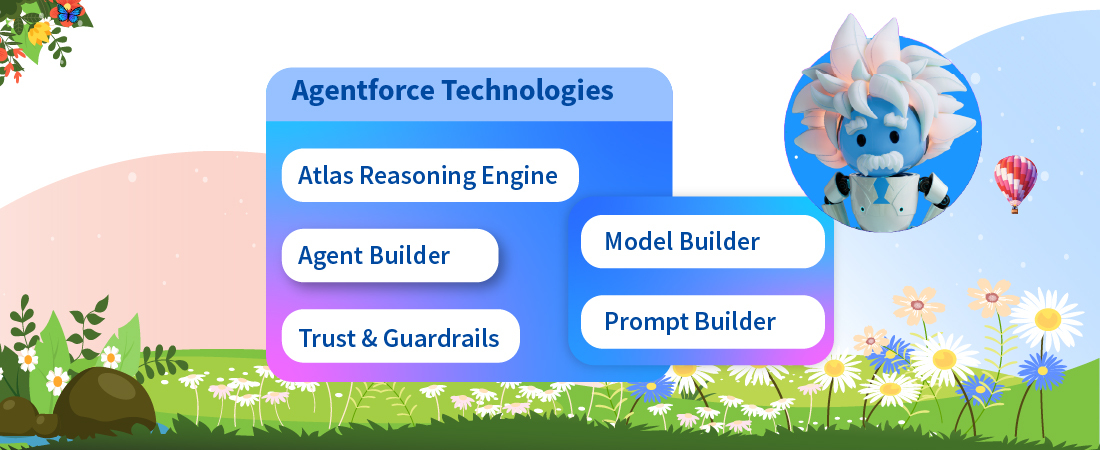In November of 2018, SAP acquired Qualtrics in an $8 billion all-cash deal. What led many experts to foresee the consolidation is the synergies between the two – Qualtrics’ focus on experience data and SAP’s focus on operational data. Through the acquisition, SAP is clearly looking to accelerate the experience management category with an end-to-end solution.
The Deal:
For SAP, acquiring Qualtrics means it can integrate experience management technology into its existing environment. So, in one bundled software pack, SAP can now offer business HR management plus the measurement of employee experience. This deal will be a win-win for SAP, Qualtrics, and their customers.
A combined Qualtrics and SAP will be focusing on expanding into CRM, a category long ruled by Salesforce. The combination of operational data from SAP (which tells you “what” happened) with the experience data from Qualtrics (which tells you “why” it happened) will allow the companies to interconnect customer sentiment and real-time customer-experience data with real-time follow-on actions that fix problems before they accelerate, potentially shaking up enterprise software.
The deal seems to spell good news for the customer experience industry, even though other CRM and ERP players are bound to reach. Overall, the deal is one of SAP’s many steps towards redefining the enterprise software industry.
What this means for Salesforce?
What impact will the Qualtrics deal have on leading SaaS companies like Salesforce?
SAP’s acquisition is proof of its big bet on a customer-centred approach where every person in the company will be powered by data. Highlighting the potential of Qualtrics and SAP to bring their customer insights together, SAP CEO McDermott issued a thinly-veiled challenge to Salesforce, “One of the traditional players in this space ordered too big a building.”
Clearly, this deal will trigger changes in how all CRM companies create and position new products because business customers will begin to expect 360-degree views. But it’s unlikely that enterprise software heavyweights like Salesforce will let SAP capture the market. Experts are predicting more voice of the customer (VOC) acquisitions in the near future.
Lessons for Salesforce:
So what should Salesforce do? While the undisputed CRM leader will be quick to you that the Qualtrics capabilities are no match for its scale and that Einstein Analytics does everything Qualtrics can, it may just be that the industry is changing. It’s possible that customers will expect B2B software vendors to tell them not just *what* customers are doing, but also why they’re doing it. So Salesforce will need to deliver this capability.
Earlier in 2018, SAP CEO Bill McDermott had issued a challenge to Salesforce by launching a “next-gen” version of CRM – C/4HANA – that focuses on offering a more 360-degree view of the customer through supply-chain and other ERP data into the CRM equation. This had naturally rattled Salesforce, leading it to speak about the virtues of its MuleSoft acquisition, which accelerates data integration across the CRM and ERP silos.
For a long time, SAP has long been a proponent of design thinking and “experience”. However, the company never took a holistic approach to measure experiences. In that respect, Qualtrics solves a quality problem. In doing so, SAP seems to have taken on Salesforce in its turf. While SAP’s C/4Hana may not have caused Salesforce to lose asleep, the Qualtrics acquisition could be a starting step.
On the company’s recent earnings call, co-CEO Marc Benioff emphasized how Salesforce is “the customer company” and tossed about impressive metrics. But the company will need to bring focus to customer-experience data and how it’ll use it to drive smarter decisions.
SAP’s acquisition of Qualtrics will allow it to offer software that will enable all business customers to function the way Amazon does – employees will cross the virtual hurdle and interact directly with customers. In the process, SAP will be able to leverage its 40 odd years of expertise in enterprise solutions, software infrastructure and data management. There is no doubt that the acquisition has taken a step towards changing the arc of both traditional CRM and ERP businesses. In short, if ERP helps drive organizational transformation, then experience management can really help accelerate customer-driven business transformation. CRM players like Salesforce must follow suit.






